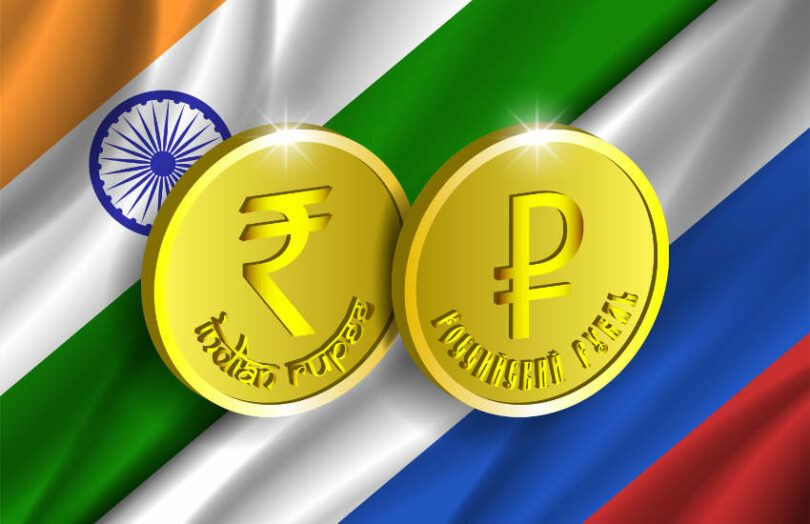During a Russian-Indian business conference in New Delhi this week, the Deputy Chairman of the State Duma, Alexander Babakov, suggested that Russia, China and India should trade using a common digital currency. He stated it was a top priority, according to Russian News Agency Tass.
“Our first goal is to write new rules in the financial sphere that will enable the use of an already common currency. It doesn’t matter whether it’s a digital ruble, a digital rupee, a digital yuan, or some other currency. But it is critical that this currency follow the laws of our respective nations,” he said.
His key point is he wants to use rules not set by the West. Talking about the currency he stated that,” Its creation should be based on establishing new financial ties based on a system that does not safeguard today’s dollar and euro, but rather creates a new currency capable of serving our goals.”
The concept is not a new one, but perhaps for Russia it has an added urgency with mounting sanctions following the Russian invasion of Ukraine. Russia explored using cryptocurrency for international payments, but Europe shut the door. There are also rumors of digital currency work with Iran.
All three countries, Russia, India, and China are part of the BRICS (Brazil, Russia, India, China, and South Africa) group, which has floated a multinational digital currency since at least 2017 with no significant progress.
Russia is working on a central bank digital currency (CBDC) and had scheduled work on a cross border CBDC this quarter. For its part, India is progressing with CBDC pilot work on three fronts: a retail consumer-focused CBDC, a wholesale CBDC and a cross border CBDC with the UAE.
In turn, the UAE is a participant in Project MBridge, the cross border CBDC project that includes China, Hong Kong and Thailand, as well as the BIS. While not directly participating, another six central banks are observers, the Philippines, Malaysia, Indonesia, Korea, Sweden, and Israel.
What’s different about MBridge is that it is more advanced and is working towards production rather than purely being an experiment. So the big question is whether Russia and India might join. However, there are ongoing political issues between India and China regarding their border dispute. And Russia joining MBridge could put the BIS in a tricky position.







